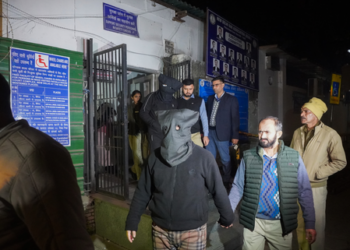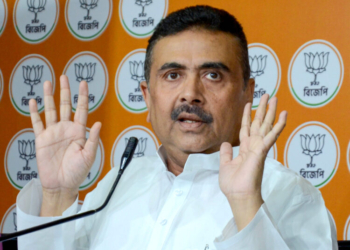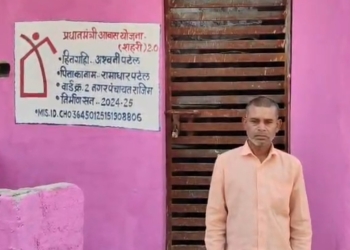New Delhi: The Delhi High Court has issued an order directing the Union Ministry of Law and Justice to periodically monitor the progress of uploading Central Acts and subordinate legislations on the India Code portal.
Justice Manmohan was dealing with a plea filed by the Union Government in 2016.
The government had challenged an order from the Central Information Commission, which had directed the government to upload all the latest amended bare Acts, examine the functionality of its email ID, and develop an appropriate RTI filing mechanism.
“The Secretary, Legislative Department, Ministry of Law and Justice is directed to periodically monitor the status of uploading the Acts on the India Code portal and ensure that the process is completed seamlessly and in a time-bound manner,” the court said.
In 2016, the court had directed the Secretary of the Union Government’s Legislative Department to ensure that publications of Bare Acts were easily accessible.
The court noted that following its direction, the India Code Portal (www.indiacode.nic.in) had been redesigned and made user-friendly.
The website now contains all unrepealed Central Acts, State Acts, and subordinate legislations. Most ministries have also identified their subordinate legislations and uploaded relevant documents in a searchable format.
According to the court, the total number of Central Acts with subordinate legislations is 460, with mapping completed for 438 Acts, and work in progress for the remaining Acts.
“The Nodal officers of the Central Government have been reminded from time to time with the latest reminder on 10th August, 2023. It is stated in the status report that till date 69 Ministries / Departments have furnished completion certificates to the Legislative Department,” the court said.
Additionally, the court noted that Hindi versions of Central Acts are available on the Union Government’s Legislative Department website.
The court concluded that the petitioner had not only complied with the directions in the impugned order but had exceeded them.
“Consequently, the cost imposed by the CIC by way of the impugned order is waived,” the court said.
(IANS)













